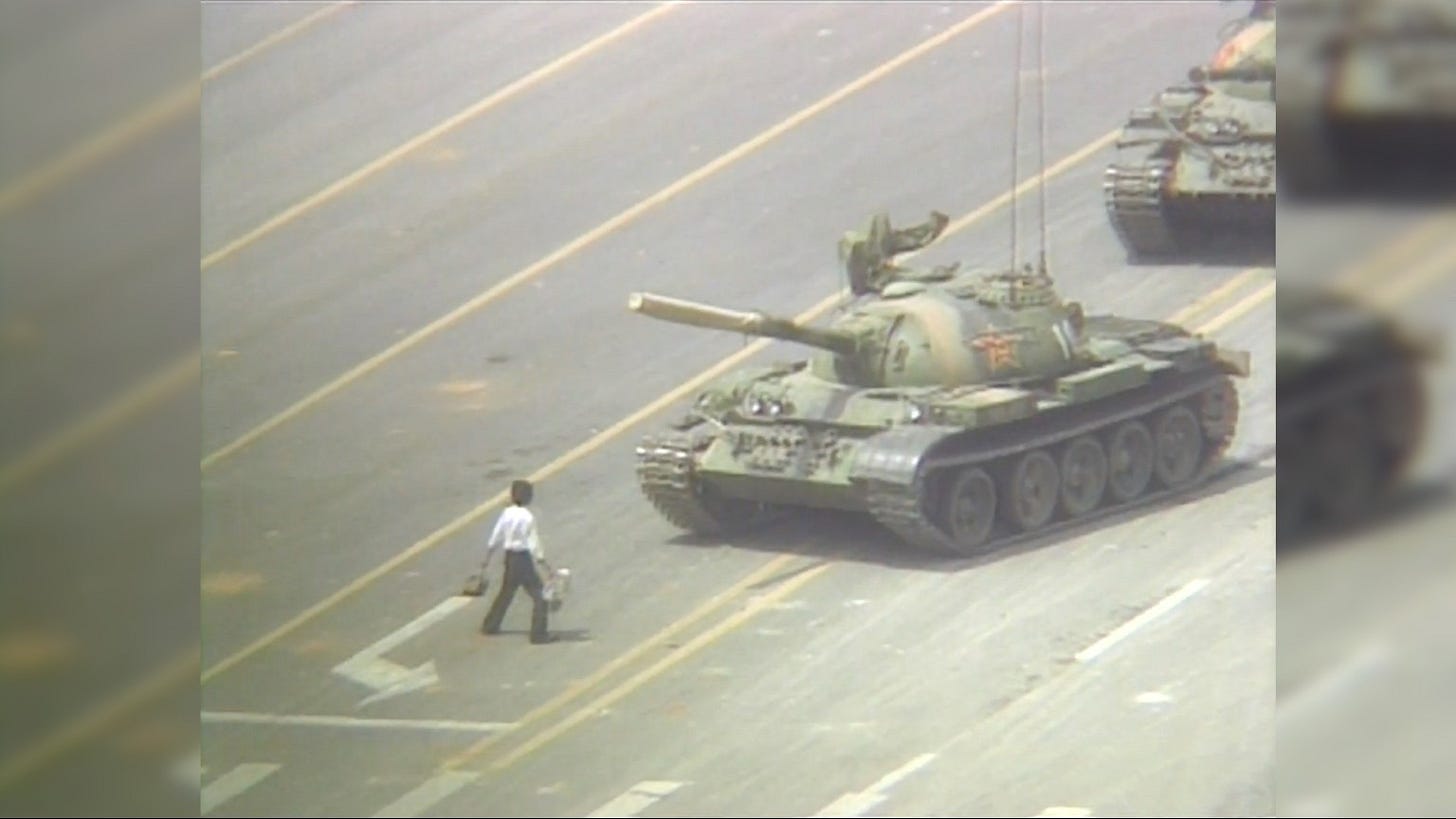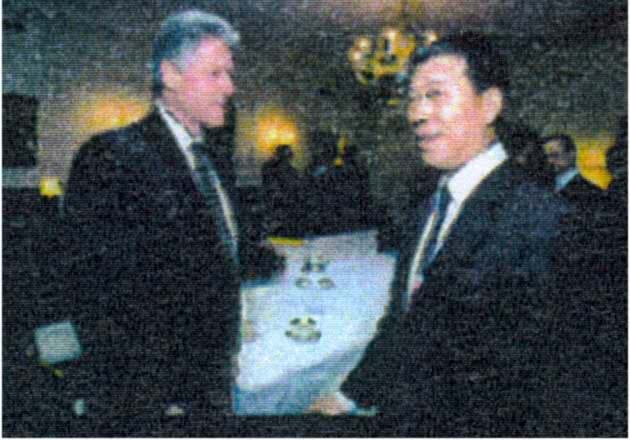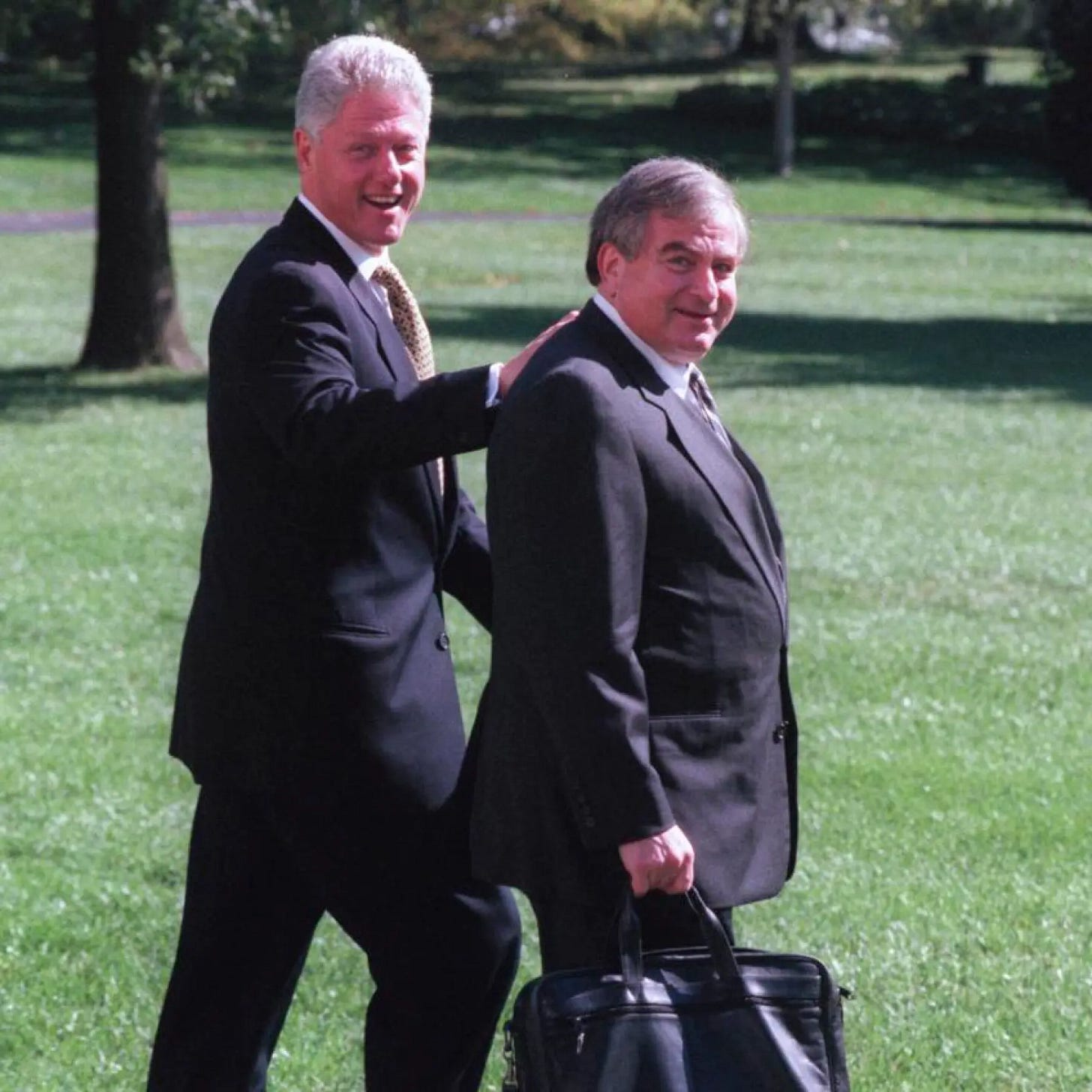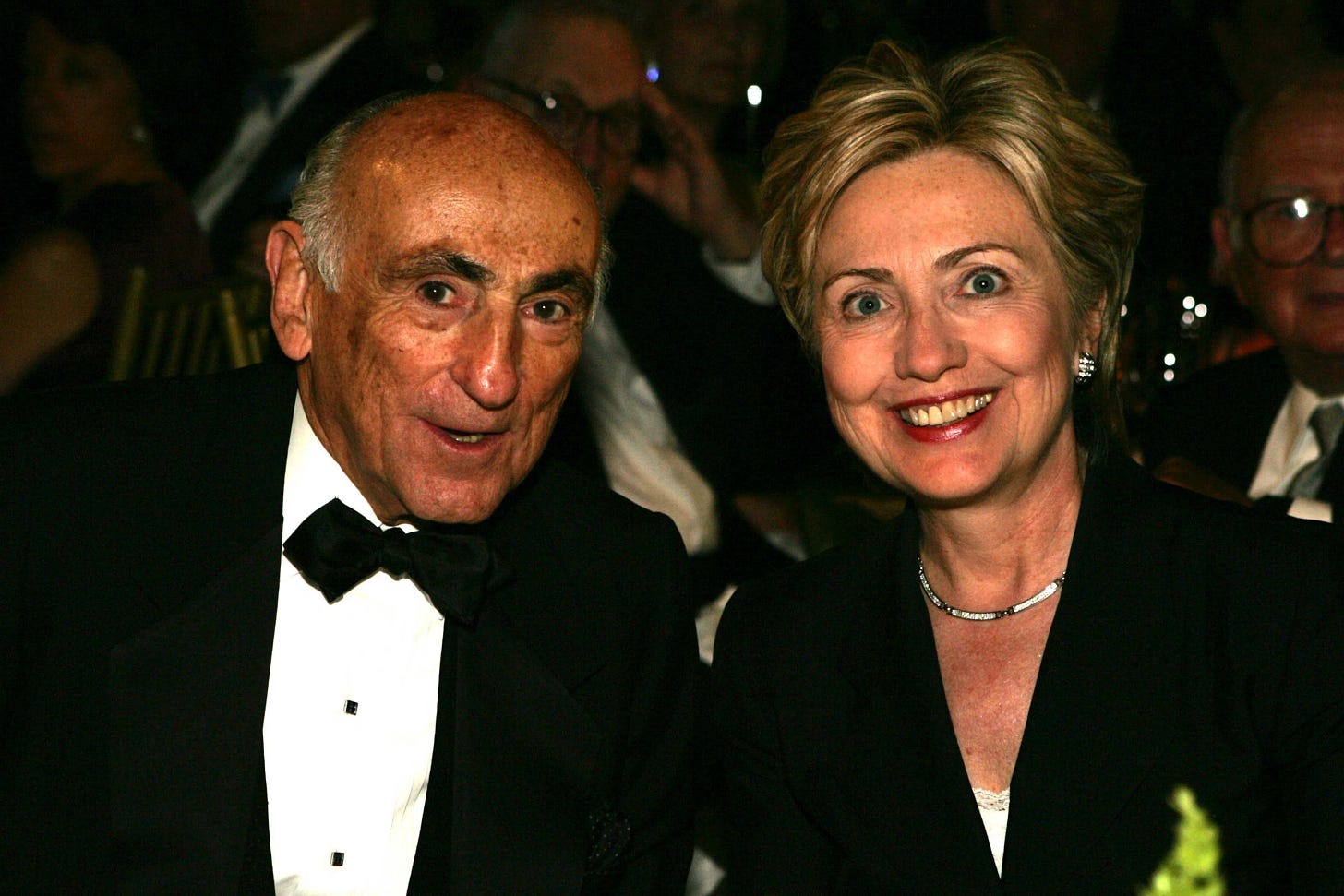How the Clintons Turned A Feckless China Into A Lethal Menace
It Had Everything to Do With Funding the 1996 Campaign
As the US now faces off with its most serious geopolitical foe since the collapse of the Soviet Union, it may pay to recall how this once floundering People’s Republic found its footing so quickly. Truth be told, the Chinese resurgence has its roots in what the US Senate’s Thompson committee accurately called “the most corrupt political campaign in modern history,” President Bill and Hillary Clinton’s 1996 quest for reelection.
In 1996, the Chinese were scrambling to make friends. The People’s Republic remained an international pariah after its 1989 crackdown on the Democracy Movement. So brutal was the repression that even opportunists like Clinton had only recently called the Chinese leaders “tyrants” and denounced them for having “murdered freedom at Tiananmen Square.”
Fortunately for the Chinese, President Bill Clinton was seeking new friends as well. After the midterm catastrophe in November 1994, Bill and Hillary were scrambling every which way to raise money to salvage Bill’s chance at reelection. In this regard, the freedom-murdering tyrants of China held much promise. Like Clinton, they, too, were on the comeback trail.
To secure that money, as the Thompson Committee would later report, the Clintons “pulled down all the barriers that would normally be in place to keep out illegal contributions, pressured policy makers, and left themselves open to strong suspicion that they were selling not only access to high-ranking officials, but policy as well.” Said the committee in summary, “Millions of dollars were raised in illegal contributions, much of it from foreign sources.”
No source was more outrageous than People’s Liberation Army arms dealer Wang Jun. On February 6, 1996, Wang Jun finagled a cordial private coffee at the White House. The fact that he had cut arms deals with Chinese allies in places like Libya, Iran, Serbia, Iraq, and Afghanistan, did not faze the president. Clinton pal Charlie Trie had greased the Wang Jun meeting with a $50,000 payment.
In addition to his arms dealing business, Wang Jun also owned a huge stake in a Hong Kong satellite company. Although Clinton would later admit that the meeting with Wang Jun was “clearly inappropriate,” he did not apologize for signing waivers for four more satellite launches by Chinese rockets on that same February 6 day. The president approved these waivers despite reports the month before that China continued to export nuclear technology to Pakistan and missiles to Iran, the latter deal Wang Jun was suspected of brokering.
A week or so after Wang Jun’s excellent Washington adventure, a Chinese Long March 3B rocket carrying the Loral-built Intelsat 708 satellite crashed just after liftoff and killed or injured at least sixty people in a nearby village. This was the third Long March failure in the previous three years involving U.S.-built satellite payloads.
The Pentagon welcomed the news. The People’s Republic had emerged as America’s most serious potential enemy, and its leaders weren’t afraid to say so. Just a few months earlier, in fact, a Chinese Military officer had warned American ambassador Chas Freeman, “If you hit us now, we can hit back. So you will not make those threats [about Taiwan].” The officer then proffered the following not so cryptic caveat, “In the end you care more about Los Angeles than you do about Taipei.”
American technical advice was making Chinese missile-rattling more than an empty threat. And yet in their relentless drive to raise money, the Clintons were fully prepared to broker that advice. In early March 1996 Deputy National Security Adviser Sandy Berger finessed a compromise that sent satellite control from the Pentagon to the Commerce Department, then headed by Clinton’s international bag man, Secretary Ron Brown.
On March 12, 1996 Clinton signed off on a “decision memorandum” that awarded authority over satellite-export licensing to Commerce, and the Pentagon lost its veto power. Said an attached memo, ‘‘Industry should like the fact that they will deal with the more ‘user friendly’ Commerce system.’’
In a likely show of contempt for both the president and democracy in general, the People’s Republic of China celebrated the decision by lobbing a few ballistic missiles into Taiwanese waters during Taiwan’s March elections.
Loral CEO Bernard Schwartz may have been indifferent to the fate of Taiwan, but he was not indifferent to Loral’s bottom line. Schwartz up and dispatched a Loral-led review team to China to assess the February 1996 failure of the Long March 3B rocket and suggest refinements. A House Committee would later describe Schwartz’s actions as “an unlicensed defense service for the PRC that resulted in the improvement of the reliability of the PRC’s military rockets and ballistic missiles.”
So serious was the offense that in 1998 the Criminal Division of the Justice Department launched an investigation. Incredibly, while the investigation was in process, Berger, now national security adviser, sent a memo to the president urging him to “waive the legislative restriction on the export to China of the communications satellites and related equipment for the Space Systems/Loral (SS/L) Chinasat 8 project.”
This waiver would present a huge problem for the prosecution. Berger admitted as much: “Justice believes that a jury would not convict once it learned that the president had found SS/L’s Chinasat 8 project to be in the national interest.” But Berger was not about to let that stop him: “We will take the firm position that this waiver does not exonerate or in any way prejudge SS/L with respect to its prior unauthorized transfers to China.” Berger was blowing smoke, and he knew it. A waiver would make prosecution all but impossible.
Schwartz wasn’t worried about the waiver. He knew the Clintons were willing to risk everything to keep the cash pipeline open. Schwartz kept it open and full. Before Schwartz was through, he and Loral would donate roughly $2 million to the Clinton cause. No individual gave more to the Clinton cause in 1996 than Schwartz.
The president could only issue a waiver, however, if it served America’s “national interest.” Berger made an almost comically specious case that it did, arguing satellite technology would give remote Chinese villagers access “to people and ideas in democratic societies.” During these misbegotten years, one trembles at what the villagers might have learned about American democracy.
The long term Chinese investment in Clinton paid off. On October 10, 2000, Clinton signed into law an act that gave the freedom murderers of Tiananmen Square most favored nation status and membership in the World Trade Organization. It has been all sweetness and light ever since.
Each week, as a special bonus for paid subscribers, I will be rolling out in serial form my current book-in-progress: THE EMPIRE OF LIES: THE LEFT’S 30-YEAR WAR ON TRUTH, 1994-2024.









Ironically, I was just researching Clinton and his failed Rhodes Scholarship in Oxford, England. He was awarded it in 1968, and the following year he was accused of raping Eileen Wellstone, 19, after he met her at a pub. To avoid the embarrassment of a Rhodes Scholar being charged in English court, the State Department arranged for him to leave there. He transferred to Yale and claimed they made him a better offer. Always the liar.
And still no prosecution of either Clinton. America is the place to be for political criminals and their families. Republicans are just an extension of the Democrat mafia.